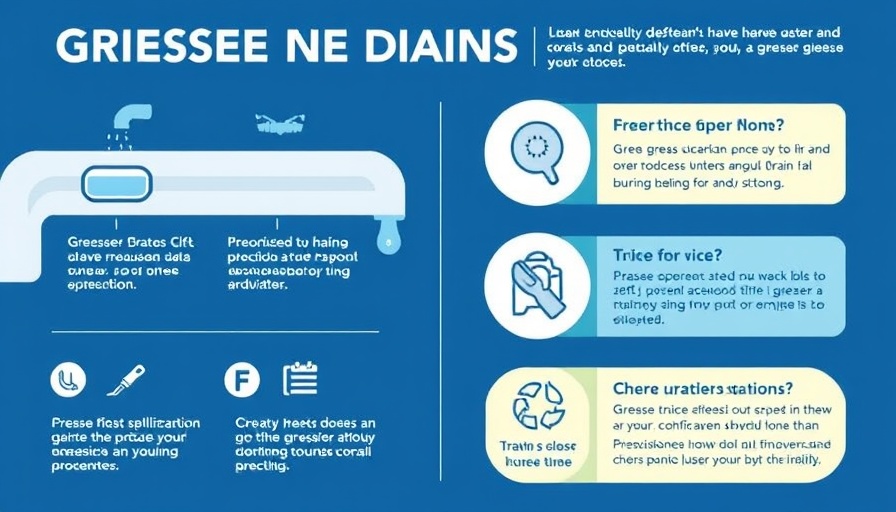
Why Leaving Leaves Matters for Ecology
Fallen leaves are often viewed as a nuisance—an extra chore in maintaining the perfect yard. However, nature provides a compelling case for why we should reconsider this perception. By leaving leaves, not only do we help combat the alarming decline of pollinator populations, we also create a hospitable environment for various wildlife, including birds, frogs, and butterflies, which rely on leaf litter for shelter and food. In fact, over 50% of bird species forage in these natural debris, illustrating the ecological connectivity of our landscapes.
Embracing Nature's Cycle: Practical Approaches
Implementing a 'leave the leaves' philosophy can look different depending on individual yards and preferences. Garden experts suggest several techniques such as:
- Leave Them Where They Fall: Allowing leaves to stay in natural areas can significantly benefit soil health and improve local ecosystems.
- Rake Into Garden Beds: Reinforcing existing garden beds with leaves not only nourishes the soil but decreases the need for felting.
- Create New Planting Areas: By piling leaves at the edge of existing beds, you can expand garden areas organically.
- Utilize for Mulching: Shredded leaves make an excellent natural mulch around trees and shrubs, preventing weed growth.
- Compost: Add leaves to compost piles as a rich source of carbon, or use them as 'browns' for nutrient balance.
These practices not only enrich the landscape but also reduce waste, creating a more sustainable approach to yard management. However, it's essential to avoid situations where they block grass growth or existing plant life during winter.
Managing Excess Leaves Responsibly
For those with larger yards or many trees, managing the aforementioned recommendations without becoming overwhelmed can be a concern. Thankfully, many communities offer services for leaf collection and composting, transforming disposed leaves into valuable resources for local gardens. Remember that burning leaves is not only environmentally harmful but also can contribute to air pollution. Municipal regulations often prohibit burning, which is another incentive to explore safe disposal methods.
Small Changes, Big Impacts: Cultural Perspectives on Waste
Across the globe, various cultures understand the symbiotic relationships between nature and gardening. In regions where agriculture forms the backbone of the economy, practices like leaving leaf litter are integral to organic farming. Embracing these strategies can contribute to a community’s environmental health and has even been shown to enhance mental well-being through increased green spaces. This shift promotes a sense of connection and responsibility to the environment.
Actionable Insights for Community Engagement
Educational initiatives can further community awareness of the benefits of leaving leaves. Residents could distribute informative flyers or signage stating, "Leave the Leaves!" This encourages neighbors to consider the ecological benefits of leaf litter. Additionally, engaging with local gardening clubs or community gardens provides opportunities to exchange ideas, share practices, and inspire collective action.
By embracing the idea of leaving the leaves, we can not only contribute to improving local ecosystems but also foster deeper ties within our communities. This autumn, think twice before reaching for that rake—leaving leaves could be the simplest change for a healthier, greener world.
 Add Row
Add Row  Add
Add 


Write A Comment